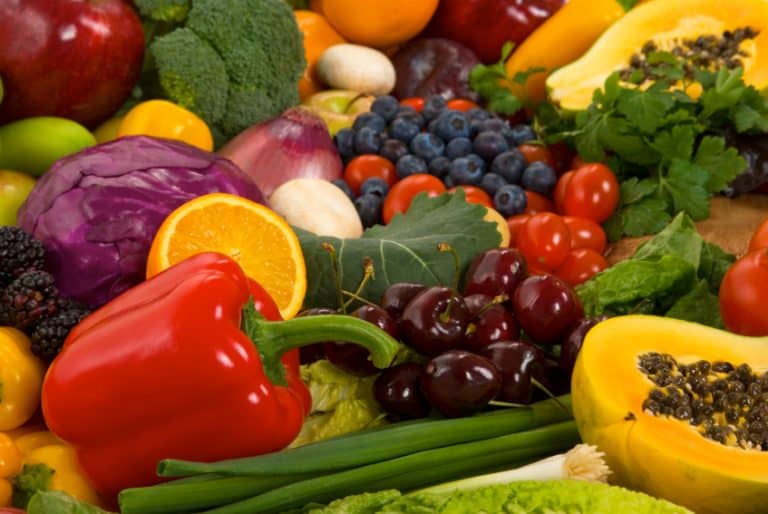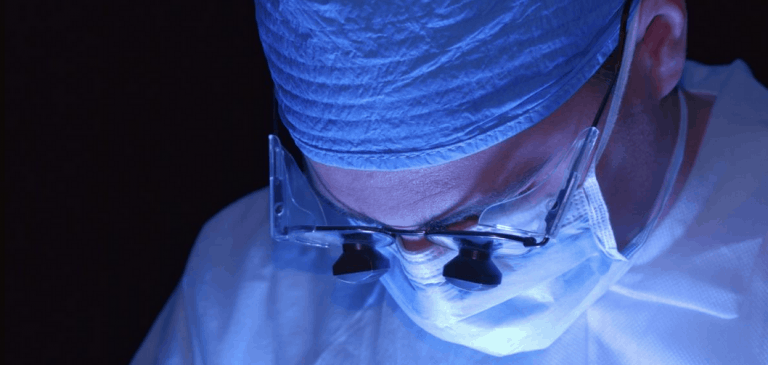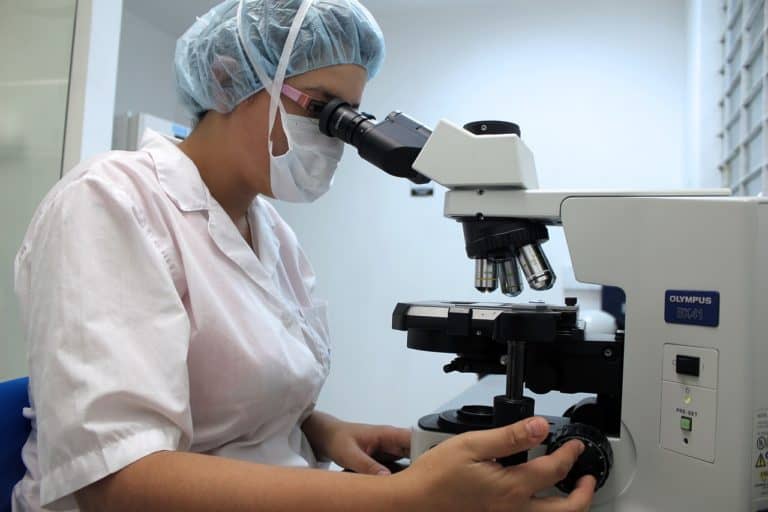Most men in America can expect to develop an enlarged prostate (benign prostatic hyperplasia, or BPH) at some point during their lifetime, but especially after the fifth decade. While the symptoms can range from mild to severe, it’s good to know there is a natural way to help prevent and treat this common prostate condition. Treating BPH with diet is that natural way.
The beauty of treating BPH with diet is that no drugs and side effects are involved, and you can feel good about taking positive steps to help ensure a healthy prostate with every meal. This idea is not just conjecture; studies have shown that diet can significantly impact progression of BPH as well as slow abnormal growth of both prostate cancer cells and normal prostate cells.
Examples of treating BPH with diet
For example, researchers at the University of California tested the impact of a low-fat, high-fiber diet and daily exercise on the growth of prostate epithelial cells. Eight overweight men had their blood drawn before and after participating in a two-week trial of this diet and exercise program, plus an additional seven men who had been following this regimen for years (up to 28 years) were tested as well.
Overall, the investigators found that following a low-fat, high-fiber diet, along with exercise, reduced growth of prostate epithelial cells, which they concluded “suggests that lifestyle may be an important factor in the development or progression of BPH.”
Michael Gregor, MD, who has written extensively on the topics of diet and nutrition, commented on the long-term impact of a healthy diet on BPH as seen in this study, stating that “as long as we continue to eat healthy, growth rates go down and they stay down.”
In a study from Johns Hopkins, researchers evaluated intake of fruit, vegetables, and antioxidants among 6,092 men with BPH and 18,373 controls who were members of the Health Professionals Follow-up Study. The evaluators found that vegetable consumption was associated with a reduced risk of BPH and, more specifically, fruit and vegetables rich in beta-carotene, lutein, or vitamin C were especially beneficial. Based on their findings, the authors stated that “our findings are consistent with the hypothesis that a diet rich in vegetables may reduce the occurrence of BPH.”
What to eat when treating BPH with diet
Examples of what constitutes a healthy prostate diet and one that may ward off or treat BPH include plenty of plant protein foods (e.g., beans, peas, lentils), organic fruits (e.g., strawberries and other berries, citrus), organic vegetables (especially cruciferous veggies, garlic, onions, mushrooms), nuts, seeds (e.g., pumpkin seeds, flax seeds, chia seeds), healthy oils and fats (e.g., avocado, coconut oil, olive oil, cold-water fatty fish), teas (e.g., green, hibiscus, white), herbs and spices (e.g., turmeric/curcumin, oregano, fenugreek), and purified water. Foods to be avoided or strictly limited include eggs, poultry, refined grains, sugar, dairy, and red meats.
References
Barnard RJ et al. Effect of diet and exercise intervention on the growth of prostate epithelial cells. Prostate Cancer and Prostatic Disease 2008; 11(4): 362-66
Gregor M MD. Prostate versus a plant-based diet
Rohrmann S et al. Fruit and vegetable consumption, intake of micronutrients, and benign prostatic hyperplasia in US men. American Journal of Clinical Nutrition 2007 Feb; 85(2): 523-29







